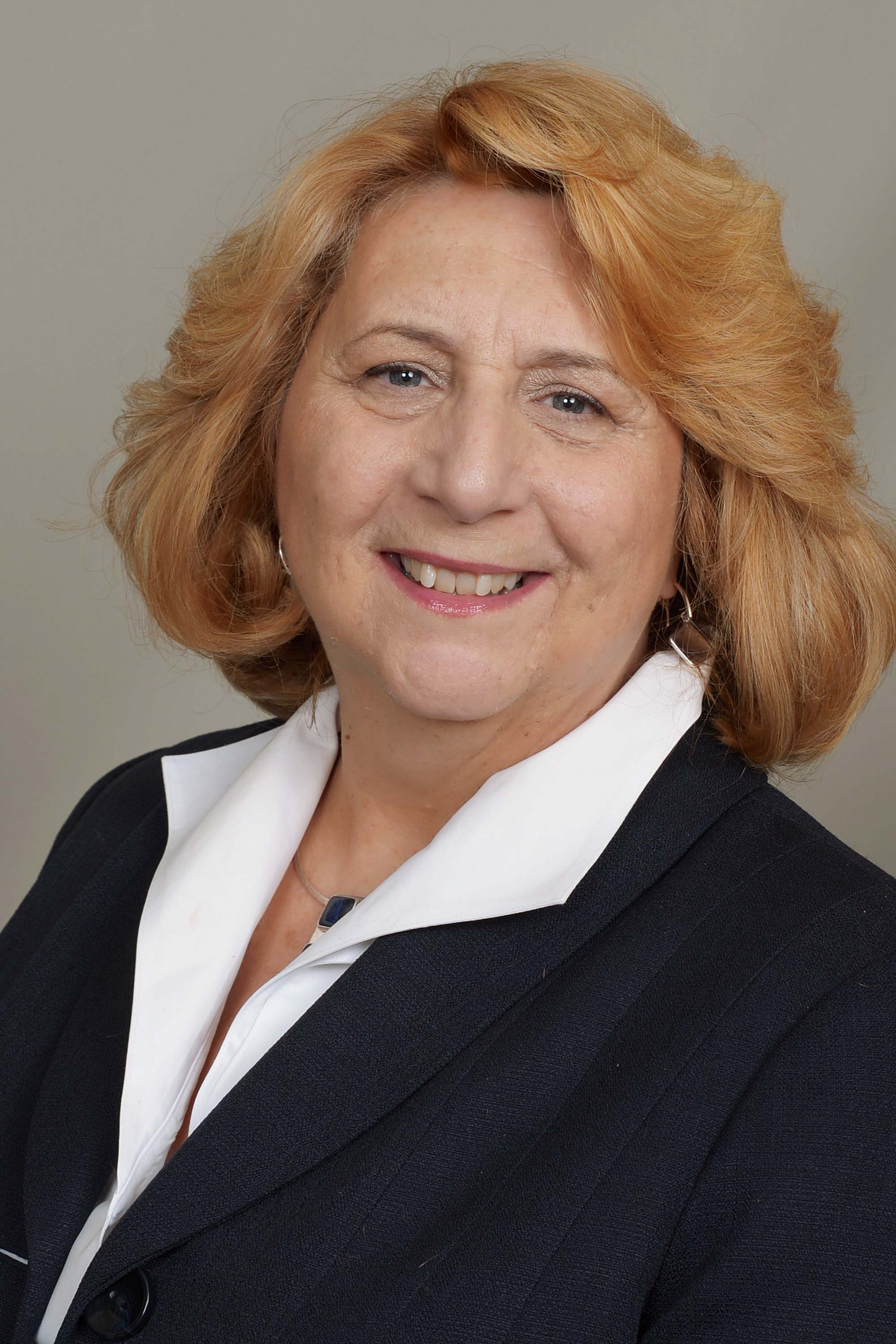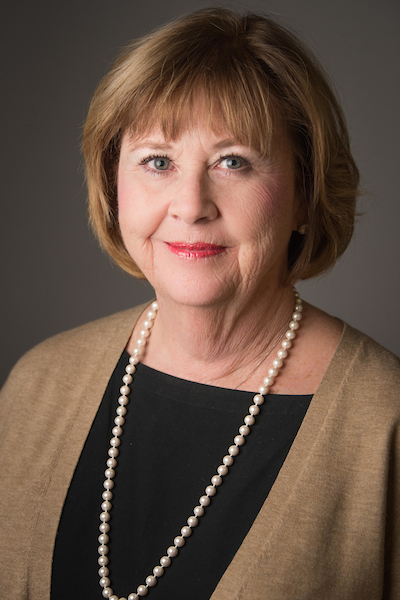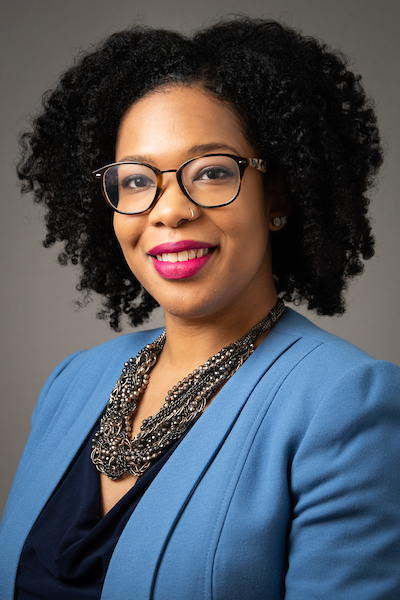Kolb’s Experiential Learning Cycle
Which active learning strategies work best and how can you ensure that students will be engaged? Engaging students is challenging and isn’t a matter of simply finding the “right” activity or latest strategy. In this session, you will examine how Kolb’s Experiential Learning Cycle provides a template for designing each course session to engage students… Read More
Date:
Presenter:
- Connie Schroeder, PhD, Senior Consultant for Organizational and Instructional Development, University of Wisconsin-Milwaukee









